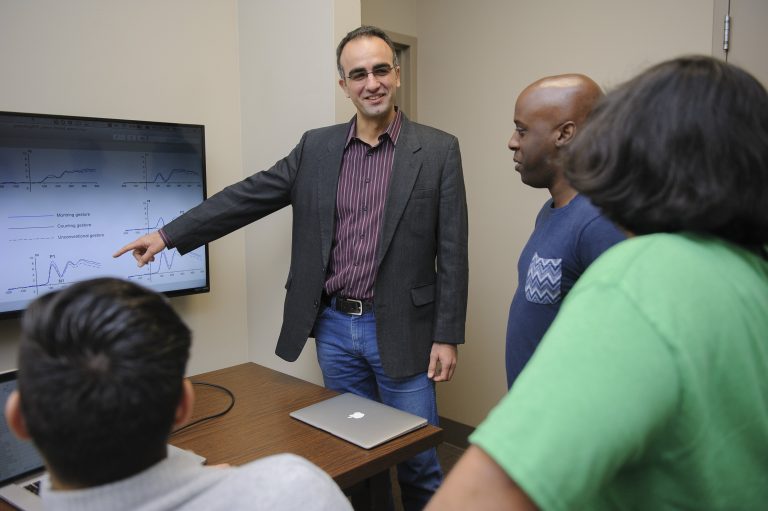About the Doctoral Concentration
Students in the Educational Neuroscience Concentration Program are expected to fulfill all requirements of the Educational Psychology PhD Program. In addition, they are expected to complete the specialization courses and other relevant courses offered by other departments (e.g., human development, psychology, anthropology, and computer science). Learn more about the goals of the program, the curriculum, and the path to the comprehensive exams and dissertation.






